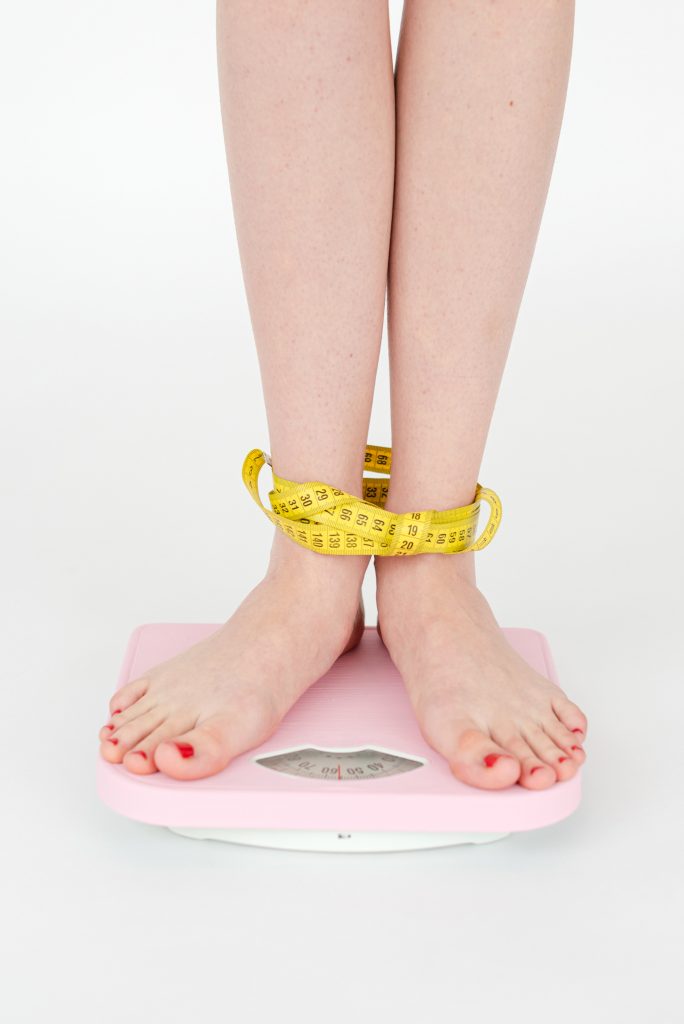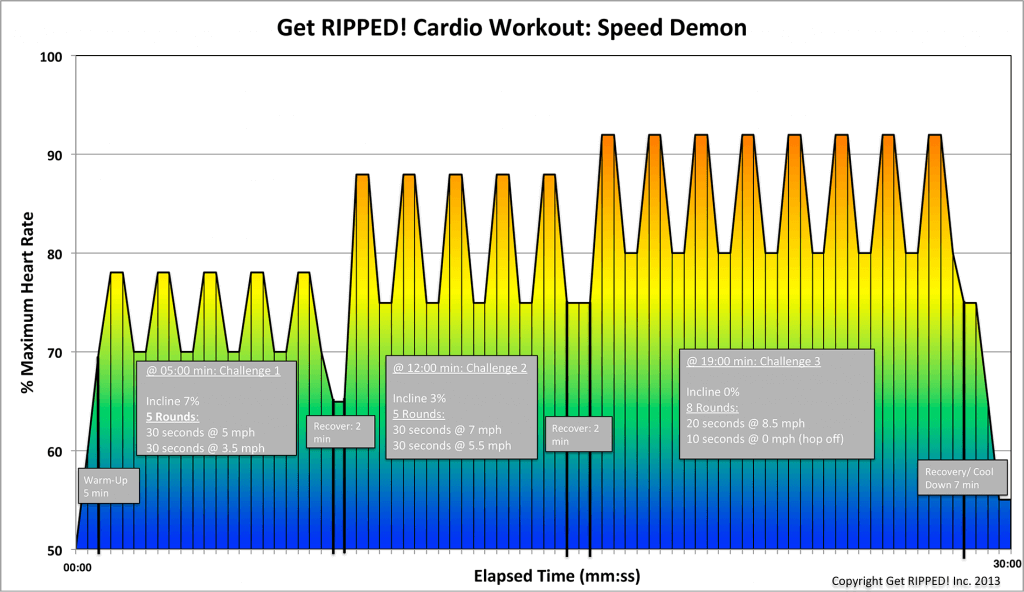Fitness Tips
Why Your Weight Doesn’t Really Matter
If you want to slim down, feel healthy, and look great, you might think weight is the only way to judge your success. It’s not true. Sometimes, your weight doesn’t matter. While everyone wants to see a lower number when they step on the scales, it’s not necessarily an accurate measurement. Weight varies for a variety o reasons. Water weight can be one of those. Weighing yourself too often can be deceptive, especially in the first few months of your weight loss efforts.
When you work out consistently, you build muscle tissue.
Muscle tissue weighs more per cubic inch than fat tissue does. If two people are the same height and same weight, but one has a far higher ratio of fat mass to lean muscle mass, the person with the highest ratio of fat to muscle will look heavier. Comparing a pound of body fat to a pound of muscle is like comparing a pound of feathers to a pound of iron. The container holding the feathers will be larger, yet they both weigh a pound.
Your menstrual cycle or water retention can affect your weight.
If you ate a salty meal the night before, your body might retain water to reduce the sodium concentration. Water weight also affects most women at some point during the month. Inflammation can also cause water weight. Intense exercise can do it. Don’t stop exercising, just consider it as part of the process. It will disappear quickly. Sometimes, you show considerable weight loss. That can be equally deceptive. It can be the loss of glycogen that attaches to water. Muscles burn it during exercise, but they replenish it quickly, and the weight returns.
Weigh yourself but use other ways to track your progress.
Take body measurements or use your clothing to help you judge your progress. If you weigh yourself once a week, take measurements once a week too. Measuring your midsection provides a lot of information. It’s visceral f—belly fat—the most dangerous type of fat. If the number of inches is smaller, you’re a success. Hip, thigh, arm, chest, and calf measurements are also revealing.
- No one weight is perfect for everyone. Your weight varies with your height, build, sex, and age. People with a large bone structure should weigh more for their ideal compared to small-boned individuals.
- Consider factors like blood pressure and blood glucose levels. Focus on health markers to judge your progress, especially if you’re losing weight for medical reasons. Have your measurement system match your goals.
- Take a photo of yourself in revealing clothing before you start on your fitness journey. Once every two weeks take another photo in the same place wearing the same clothing. Keep a folder and check your progress by seeing it for yourself.
- Judge your progress by your energy level or tasks you couldn’t complete easily. If you could barely climb a flight of stairs but now you can climb two without stopping, you’re successful.
For more information, contact us today at Get RIPPED! by Jari Love


